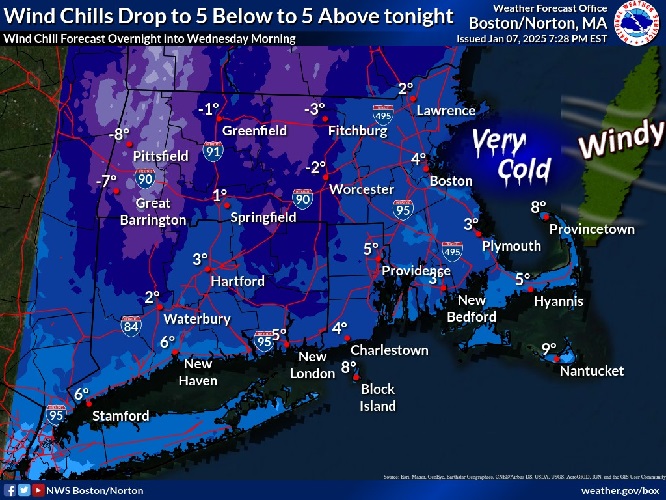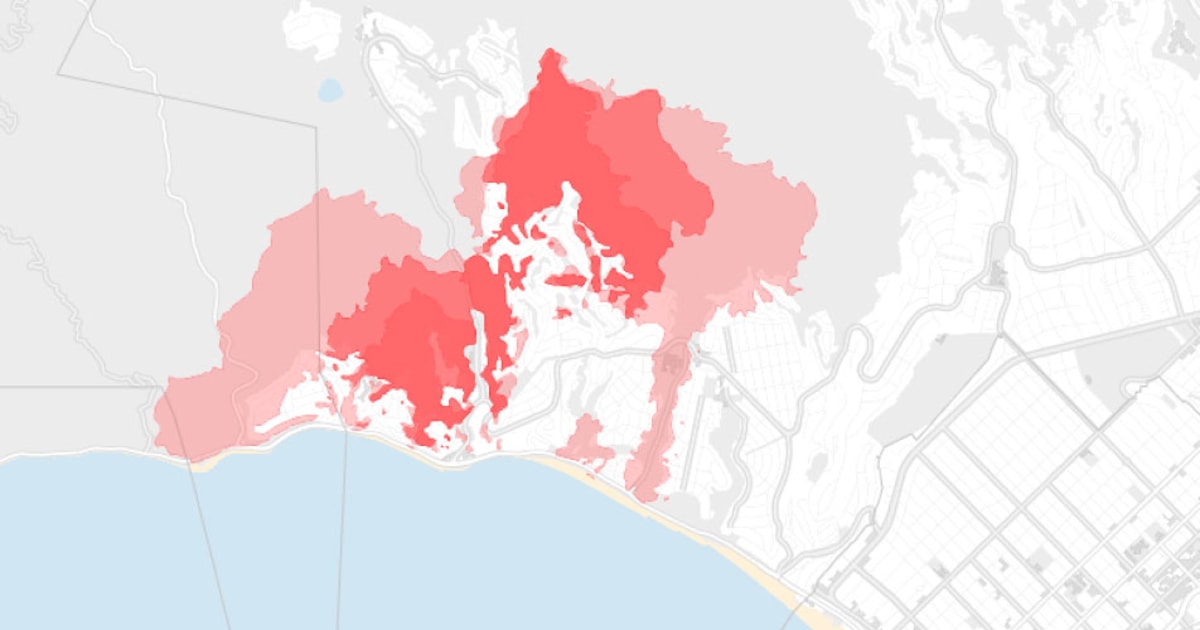Rhode Island
Rhode Island Lawmakers Approve Psilocybin Legalization Bill

A Rhode Island legislative committee this week approved a bill to legalize the possession and cultivation of psilocybin mushrooms, making the state the latest of several to propose or advance legislation to ease the prohibitions on magic mushrooms and other psychedelic drugs. The measure, House Bill 5923, was approved by the House Judiciary Committee by a 12-2 vote on Tuesday, according to a report from Marijuana Moment. A companion bill is pending in the Rhode Island Senate, where the chamber’s Judiciary Committee is holding the bill for further study.
If passed, the legislation would eliminate criminal penalties for adults who possess or cultivate up to one ounce of psilocybin mushrooms for personal use. Up to one ounce of mushrooms could also be shared by one adult with another. The bill is slated to go into effect on July 1, and an amendment approved by the Judiciary Committee sets a July 1, 2025, sunset for the legislation.
A Rhode Island House committee on Tuesday approved a bill to legalize the possession and cultivation … [+]
ADVERTISEMENT
The bill was introduced in March by Rhode Island state Rep. Brandon Potter and Sen. Meghan Kallman. After the bill was introduced, Kallman said the bill would benefit people living with mental health challenges.
“Veterans and many others in our community are struggling with chronic [Post Traumatic Stress Disorder], depression and other mental health disorders that can be totally debilitating,” Potter said about the legislation earlier this year. “We should give them the freedom to try every tool available and not criminalize a natural, effective remedy.”
If the U.S. Food and Drug Administration reschedules psilocybin, H 5923 directs the Rhode Island Department of Health to “establish rules and regulations pertaining to cultivation, distribution and medical prescription” of the drug for therapeutic purposes. If the FDA, which has designated psilocybin as a breakthrough therapy, expands access to the drug, the health department would be tasked with authorizing sites to administer psilocybin to “patients with a serious or life-threatening mental or behavioral health disorder, who are without access to effective mental or behavioral health medication.”
ADVERTISEMENT
Rhode Island State House, Providence Rhode Island.
Supporters of the legislation say that psilocybin has been improperly classified for decades as a Schedule 1 drug under the federal Controlled Substances Act, a designation that is meant to indicate that a compound has no accepted medical use and a high propensity for abuse.
“Psilocybin is not addictive,” Kallman said. “It’s naturally occurring and people have been using it recreationally and medicinally for thousands of years.”
“It is only illegal because, over 50 years ago, President Nixon associated it with his political opponents,” she added. “It’s time to undo that mistake and give our neighbors struggling with chronic mental illness, and all Rhode Islanders, the freedom to use psilocybin responsibly.”
ADVERTISEMENT
Psilocybin And Mental Health
Studies conducted by Johns Hopkins and other researchers have shown that psilocybin has the potential to be an effective treatment for several serious mental health conditions, including PTSD, major depressive disorder, anxiety and substance misuse disorders. A study published in 2020 in the peer-reviewed journal JAMA Psychiatry found that psilocybin-assisted psychotherapy was a quick-acting and effective treatment for a group of 24 participants with major depressive disorder. Separate research published in 2016 determined that psilocybin treatment produced substantial and sustained decreases in depression and anxiety in patients with life-threatening cancer.
Researchers are studying the potential mental health benefits of psilocybin mushrooms.
Federal agencies including the Food and Drug Administration are currently reviewing the potential for psychedelics to treat serious mental health conditions. In June, the head of the Substance Abuse and Mental Health Services Administration wrote to U.S. Representative Madeleine Dean, a Pennsylvania Democrat, that FDA approval of psilocybin to treat depression was likely within the next two years.
ADVERTISEMENT
As the nation faces rising rates of substance use and mental health issues “we must explore the potential of psychedelic-assisted therapies to address this crisis,” Miriam E. Delphin-Rittmon, assistant secretary for mental health and substance use, wrote to Dean.
The ongoing research has prompted several states to consider legislation to ease the prohibition on psilocybin and other psychedelic drugs, particularly for therapeutic purposes. Last month, Oregon officials issued the state’s first license for a psychedelic therapy treatment center following the legalization of magic mushrooms for therapeutic use with the passage of a 2020 ballot measure. A similar initiative was approved by Colorado voters in 2022. And in February, an Arizona legislative panel approved a psilocybin therapy research bill, only a month after a psilocybin therapy legalization bill was introduced in Missouri.

Rhode Island
$2 Million Federal Grant to Boost Providence’s Transit, Reconnect Communities – Newport Buzz

Federal officials have announced a $2 million grant aimed at improving community connectivity and pedestrian safety in Providence’s urban core. The funding, provided through the U.S. Department of Transportation’s (USDOT) Reconnecting Communities Pilot (RCP) Grant Program, will support a study for multimodal transit improvements and new commuter connections in the city.
The initiative, led by the Rhode Island Department of Transportation (RIDOT), focuses on the “Connect Four: Bridging Providence’s Urban Core” project. The study will gather community input and analyze how to reunite neighborhoods divided by infrastructure projects, such as the construction of Interstate 95 (I-95) and Rhode Island Route 10 (RI-10).
“This new $2 million grant will help make roads safer, revitalize neighborhoods, and promote healthy and connected communities,” said U.S. Senator Jack Reed. “RIDOT can use this federal grant to help remove roadblocks to transit access, improve mobility, and reduce traffic jams and pollution.”
The grant, made possible by the Bipartisan Infrastructure Law, will also prioritize pedestrian and cyclist safety while addressing outdated infrastructure. “This latest round of federal funding will lay the groundwork to create new connections between Providence neighborhoods and make getting around our capital city easier and more efficient,” said Senator Sheldon Whitehouse.
Revitalizing Neighborhoods and Infrastructure
The project will evaluate the redesign of four key bridges spanning I-95 and RI-10 along Atwells Avenue, Dean Street, Washington Street, and Westminster Street. These bridges, which are slated for replacement under RIDOT’s 10-year State Transportation Improvement Program, will be reimagined with a “complete streets” approach to accommodate future needs.
“We will put these funds to work right away, incorporating a complete streets design for these new bridge projects to support the current and future needs of residents and visitors in Providence,” said RIDOT Director Peter Alviti, Jr.
RIDOT will also identify unnecessary ramp infrastructure for removal, creating opportunities for new development in areas previously occupied by highway ramps.
Restoring Communities
The funding underscores efforts to address historic transportation decisions that disproportionately affected underserved neighborhoods.
“In Providence, working-class, majority-minority neighborhoods have been divided since the construction of the I-95 and RI-10 highways. With this $2 million federal investment, our delegation is accelerating efforts to restore communities through thoughtful growth,” said Senator Reed.
The RCP program, established under the Infrastructure Investment and Jobs Act, supports projects that improve access to jobs, education, health care, and recreation in communities historically divided by infrastructure.
Economic and Community Benefits

The study is expected to lay the groundwork for enhanced public transit options and economic growth. “American households spend nearly 16 percent of their income on transportation, which can be a significant burden for low-income families,” RIDOT noted, emphasizing the broader economic implications of improved transit infrastructure.
Like Newport Buzz? We depend on the generosity of readers like you who support us, to help with our mission to keep you informed and entertained with local, independent news and content. We truly appreciate your trust and support!


Related
Rhode Island
The outlook for Rhode Island’s charter schools – The Boston Globe

The charter school movement has mostly flown under the radar in Rhode Island politics in recent years, and that’s just how they like it. But 2025 could be an interesting year as one mayoral academy seeks to make a big change, other schools consider unionizing, and a potential new school goes back to the drawing board.
Here’s a look at the lay of the land.
A big change at RISE Prep
There are two kinds of charter schools in Rhode Island: Most are considered independents, but some are mayoral academies, which require a municipal chief executive to serve as chair of the board. Mayoral academies were spearheaded by Governor Dan McKee when he was mayor of Cumberland, and they have historically faced stronger push back from teachers’ unions because some of them are part of larger national or regional networks of charter schools (like Achievement First).
RISE Prep, a 3-star mayoral academy that admits students from Woonsocket, North Smithfield, and Burrillville, has been given the go-ahead to switch from a mayoral academy to an independent school. In its proposal, the school said the change “will mitigate instability and unpredictability,” both financially and politically.
We know that teachers at Highlander Charter School and Paul Cuffee voted to unionize in 2024, and the state’s two teachers’ unions are engaged in conversations with other charter school teachers about joining, too. One big question is whether the incoming Trump administration will seek to roll back some of the rules set by President Joe Biden’s administration that made it easier to unionize.
The other key question is what kind of contracts the teachers at Highlander and Cuffee will get during negotiations this year. Highlander joined the International Brotherhood of Electrical Workers Local 2323, and Cuffee’s teachers are now members of the Rhode Island Federation of Teachers and Health Professionals. If the unions can win favorable terms for their new members, other charter schools could follow.
New England Tech’s plans
The New England Institute of Technology was hoping to open a high school focused on career and technical education in September, but it faced resistance from organized labor and decided to pump the brakes on the proposal. The idea still has support at both the university and from Education Commissioner Angélica Infante-Green, but it could be difficult to open a new charter school that is opposed by labor in 2026 because it’s an election year.
This story first appeared in Rhode Map, our free newsletter about Rhode Island that also contains information about local events, links to interesting stories, and more. If you’d like to receive it via e-mail Monday through Friday, you can sign up here.
Dan McGowan can be reached at dan.mcgowan@globe.com. Follow him @danmcgowan.
Rhode Island
Massachusetts, Rhode Island, Connecticut to experience wind chills as low as -8 with a possible snowstorm in the near future

Southern New England are expecting to see wind chills in the minus in some areas with a possible snowstorm on the horizon.
According to the National Weather Service, wind chills from 8 below to 8 above will be felt across Massachusetts, Rhode Island and Connecticut overnight into Wednesday morning.
Dry, windy & very cold conditions tonight with low temps dropping into the teens to near 20.
Dress in layers if headed out early Wednesday morning.
There is also lots of talk about a possible winter storm this weekend.
NWS states that right now we are favoring a more offshore track, but we can’t completely rule out a closer pass with more of an impact in southern New England.
The forecast:
Tonight
Clear, with a low around 17. West wind around 15 mph.
Wednesday
Sunny, with a high near 25. Breezy, with a west wind 15 to 21 mph, with gusts as high as 36 mph.
Wednesday Night
Mostly cloudy, with a low around 15. West wind 14 to 18 mph.
Thursday
Mostly sunny, with a high near 31. Northwest wind 15 to 17 mph, with gusts as high as 31 mph.
Thursday Night
Mostly clear, with a low around 22. Northwest wind 14 to 18 mph.
Friday
Sunny, with a high near 38. Northwest wind 7 to 13 mph.
Friday Night
Mostly cloudy, with a low around 22. Northwest wind around 5 mph becoming calm in the evening.
Saturday
Snow likely, mainly between noon and 3pm. Mostly cloudy, with a high near 35. Calm wind becoming northwest 5 to 7 mph in the morning. Chance of precipitation is 70%.
Saturday Night
A chance of snow before 11pm. Partly cloudy, with a low around 22. Northwest wind around 7 mph. Chance of precipitation is 30%.
-

 Business1 week ago
Business1 week agoThese are the top 7 issues facing the struggling restaurant industry in 2025
-

 Culture1 week ago
Culture1 week agoThe 25 worst losses in college football history, including Baylor’s 2024 entry at Colorado
-

 Sports1 week ago
Sports1 week agoThe top out-of-contract players available as free transfers: Kimmich, De Bruyne, Van Dijk…
-

 Politics6 days ago
Politics6 days agoNew Orleans attacker had 'remote detonator' for explosives in French Quarter, Biden says
-

 Politics6 days ago
Politics6 days agoCarter's judicial picks reshaped the federal bench across the country
-

 Politics4 days ago
Politics4 days agoWho Are the Recipients of the Presidential Medal of Freedom?
-

 Health3 days ago
Health3 days agoOzempic ‘microdosing’ is the new weight-loss trend: Should you try it?
-

 World1 week ago
World1 week agoIvory Coast says French troops to leave country after decades






:quality(70)/cloudfront-us-east-1.images.arcpublishing.com/adn/TIBZTO6GJRDKHL37NGERFHGLQ4.jpeg)











